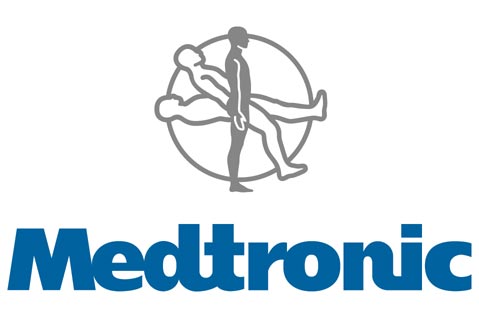
Medtech titan Medtronic (NYSE:MDT) announced today the 1st U.S. implants of its Activa PC+S deep brain stimulation system, which combines stimulation therapy with brain sensing and recording.
Researchers hope to use the technology get a new perspective on the underlying circuitry of brain disorders and to better understand how the brain responds to DBS therapy.
The next-generation Activa PC+S system brings DBS technology a step closer to more personalized treatment. Using brain-monitoring, researchers may soon be able to tailor treatment algorithms to provide stimulation only in the presence of abnormal brain activity, rather than providing continuous stimulation as devices do now. The initial implants were provided to patients with advanced Parkinson’s disease, for which DBS is not uncommon, but feedback-based therapy could open up the technology for new conditions.
"What is basically holding back the field, in terms of exciting new developments in DBS, is the relative crudity of the stimulation algorithms," UC San Francisco Medical Center’s Dr. Philip Starr, 1 of the 2 surgeons who were the 1st in the U.S. to implant the Activa PC+S system, told MassDevice.com. "I look at the development of this chronic brain recording system, Activa PC+S, as a step that could potentially benefit Parkinson’s therapy, but, probably more importantly, it will hopefully start to allow more rapid development of newer applications to help with depression"
The 2 inaugural U.S. implants were conducted at UC San Fransisco Medical Center and Stanford Hospital & Clinics, according to a Medtronic statement.

